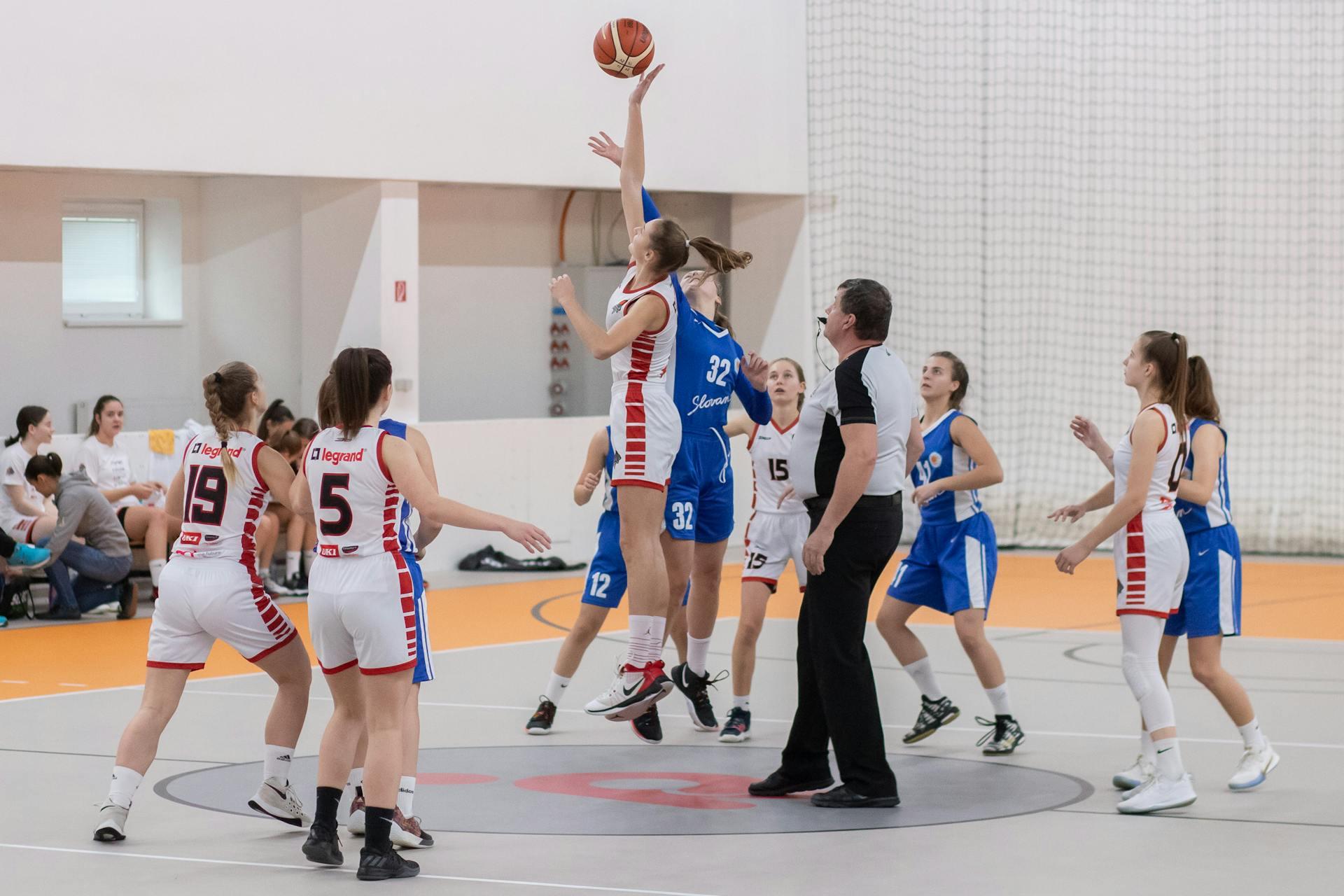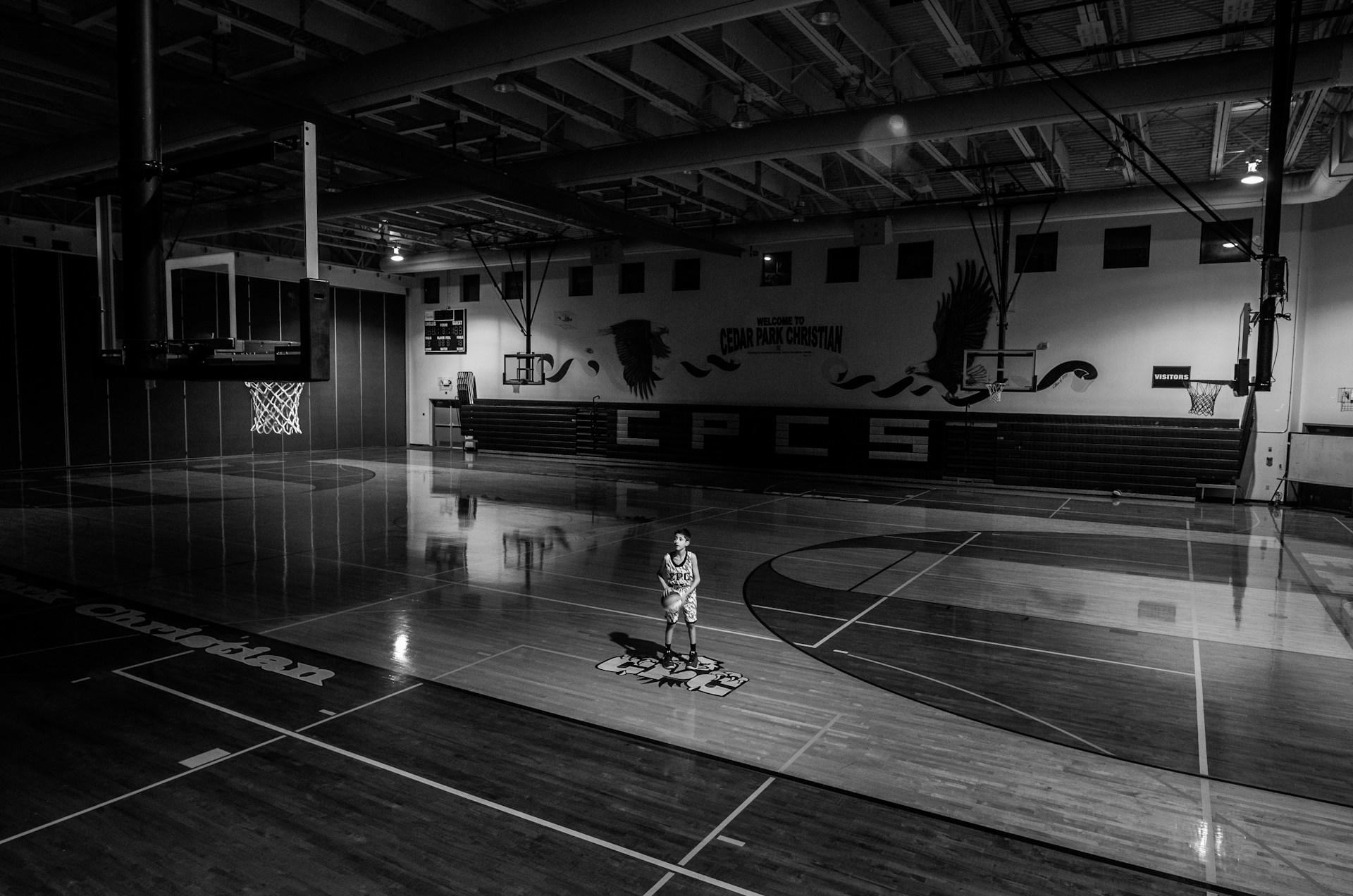Basketball is a fast paced sport that calls for a mix of skills, athleticism, and approach. Each player on the court has a selected position that contributes to the team's performance. Understanding those roles is very important for anyone interested in playing or even watching the game! This article will look into the five key basketball positions, explaining their role, the capabilities needed, and BONUS; a way to pick the proper position based on your abilities.

What Are the Different Basketball Positions?
In basketball, there are five number one positions: Point Guard (PG), Shooting Guard (SG), Small Forward (SF), Power Forward (PF), and Center (C). Each position has important responsibilities and requires a specific skill set. Let’s discover each of those positions in detail!
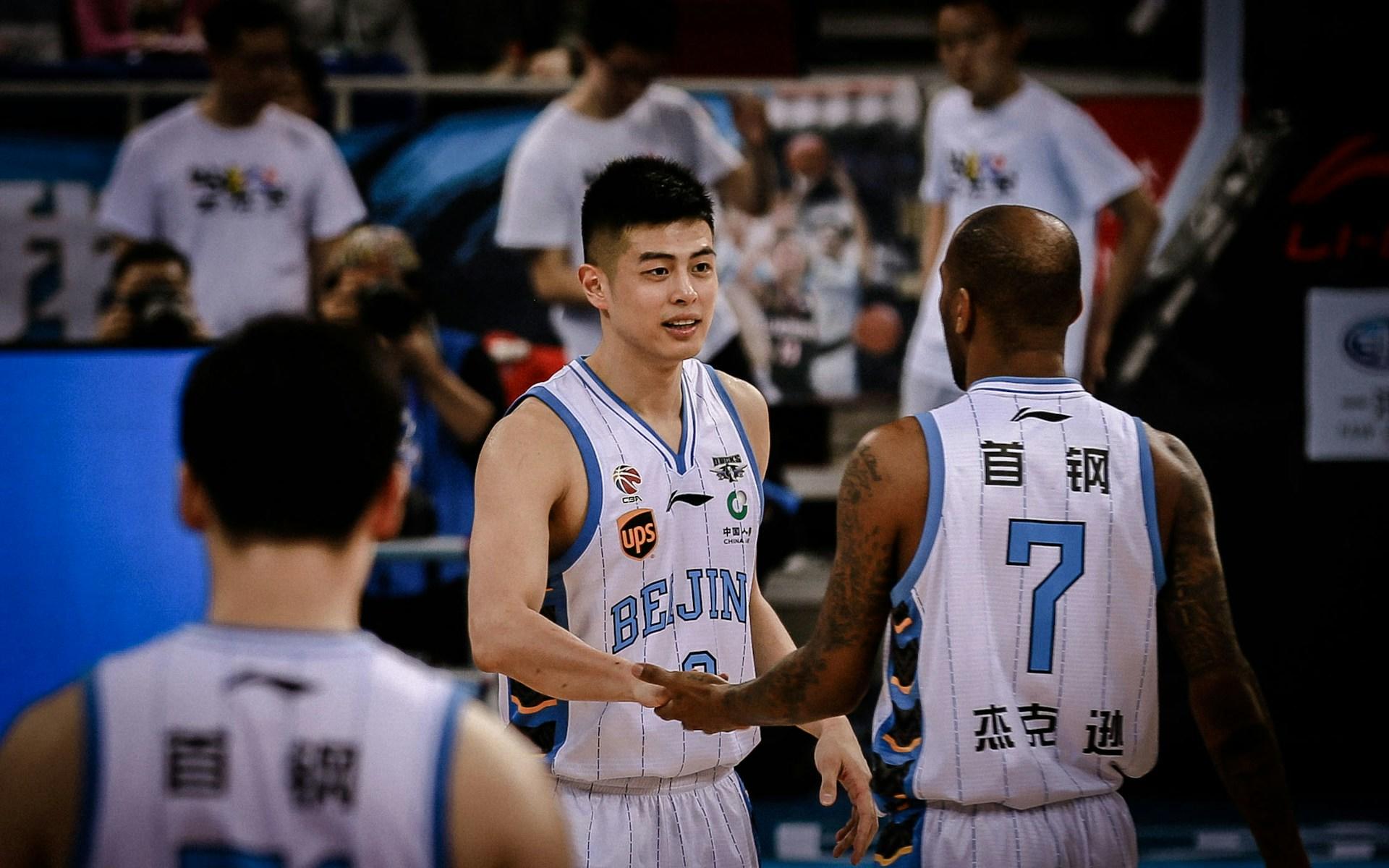
1. Point Guard (PG)
Role and Responsibilities: The factor shield, regularly known as the "floor preferred," is defined by directing the team's offense by controlling the ball and ensuring it is passed to the right players at the right time. They are generally the exceptional dribblers and passers on the group.
Key Skills:
- Ball Handling: Exceptional dribbling capabilities to navigate through defenses.
- Passing: Precision in passing to set up scoring possibilities.
- Court Vision: Ability to read the sport and make brief decisions.
- Leadership: Leading the group and executing plays.
Ideal Attributes: Point guards are usually the smallest players on the court but possess extraordinary agility, velocity, and basketball IQ. Want to learn more about point guards?
Men's Point Guard NBA Average Height: 6'2" to 6'4" (188 to 193 cm)
Women's Point Guard WNBA Average Height: 5'6" to 5'9" (168 to 175 cm)
By Dr. James Naismith, a physical education instructor, in Springfield, Massachusetts, USA.
2. Shooting Guard (SG)
Role and Responsibilities: The shooting guard is often the group’s number one scorer and is liable for making lengthy-variety shots and playing strong defense. They complement the factor shield and also deal with the ball often!
Key Skills:
- Shooting: Being able to pass, catch and shoot from far distances.
- Scoring: Ability to score in diverse methods.
- Defense: Strong perimeter protection to defend towards opposing scorers.
- Versatility: Capability to exchange roles with the point guard if needed.
Ideal Attributes: Shooting guards are usually taller than point guards and have outstanding shooting capabilities, speediness, and defensive skills. Are you also looking to be a shooting guard?
Men's Shooting Guard NBA Average Height: 6'4" to 6'6" (193 to 198 cm)
Women's Shooting Guard WNBA Average Height: 5'9" to 6'0" (175 to 183 cm)
3. Small Forward (SF)
Role and Responsibilities: The small forward is known for it's versatility. They frequently take on the role of the group’s most dynamic and all-round player.
Key Skills:
- Scoring: Ability to play from anywhere on the court.
- Athleticism: Exceptional agility and speed.
- Defense: Guarding a couple of positions successfully.
- Rebounding: Contributing to both offensive and protecting rebounds.
Ideal Attributes: Small forwards are normally nicely-rounded athletes with a combination of height, pace, and strength, normally starting from 6’6” to 6’9”. Are you looking to elevate your small forward skills?
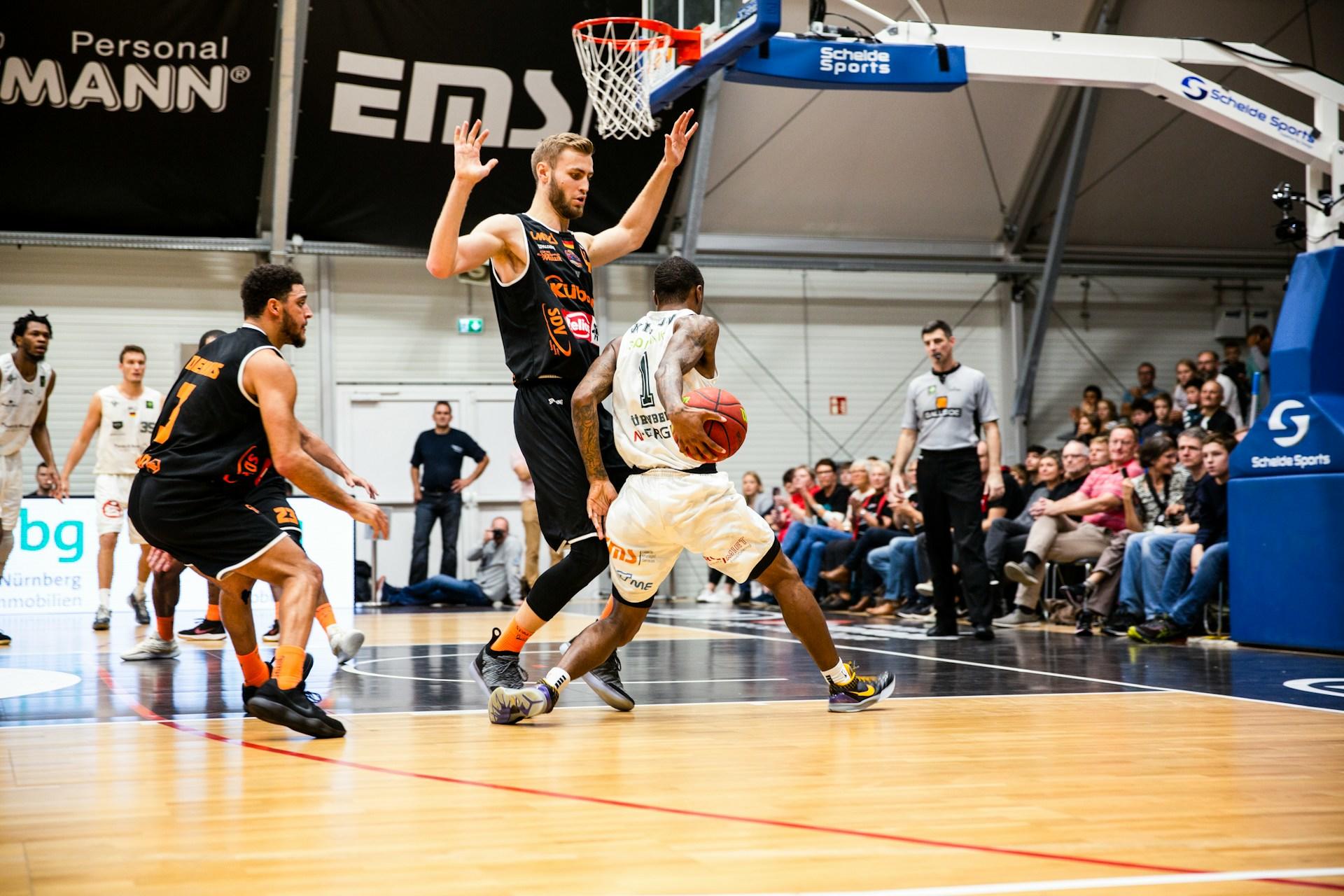
Men's Small Forward NBA Average Height: 6'6" to 6'8" (198 to 203 cm)
Women's Small Forward WNBA Average Height: 6'0" to 6'2" (183 to 188 cm)
4. Power Forward (PF)
Role and Responsibilities: The power forward plays a key position in the game, whether it is offensively or defensively. They are strong rebounders and need strength to be able to make stable plays off the basketball net and frame.
Key Skills:
- Rebounding: Strong capacity to stable rebounds.
- Post Play: Effective scoring and defending close to the net.
- Mid-Range Shooting: Capable of making shots from mid-court..
- Physicality: Toughness and bodily energy to play offensively.
Ideal Attributes: Power forwards are typically sturdy and tall players who excel in physical plays, normally starting from 6’8” to 6’11”. Want to learn more about power forwards?
Men's Power Forward NBA Average Height: 6'8" to 6'10" (203 to 208 cm)
Women's Power Forward WNBA Average Height: 6'2" to 6'4" (188 to 193 cm)
5. Center (C)
Role and Responsibilities: The center is typically the tallest player on the crew and performs close to the basketball net. They are important for shot blocking, rebounding plays, and scoring close to the basketball net. The center also often acts as the final line of defense.
Key Skills:
- Shot Blocking: Protecting the rim from opponents.
- Rebounding: Dominating the forums on both ends of the court.
- Post Moves: Scoring effectively near the basketball net.
- Physical Presence: Using size and velocity to their advantage.
Ideal Attributes: Centers are commonly the tallest and most powerful players of the team, usually over 6’10”. Read more about the center position here. Here's also a short explanative YouTube video on the different basketball positions and roles!
Men's Center NBA Average Height: 6'10" to 7'0" (208 to 213 cm)
Women's Center WNBA Average Height: 6'4" to 6'6" (193 to 198 cm)
Choosing the Right Basketball Position for Your Skills
Selecting the proper basketball function relies upon in your physical attributes, skill set, and personal strengths. Here’s a quick guide to help you decide which role might be the best fit for you !
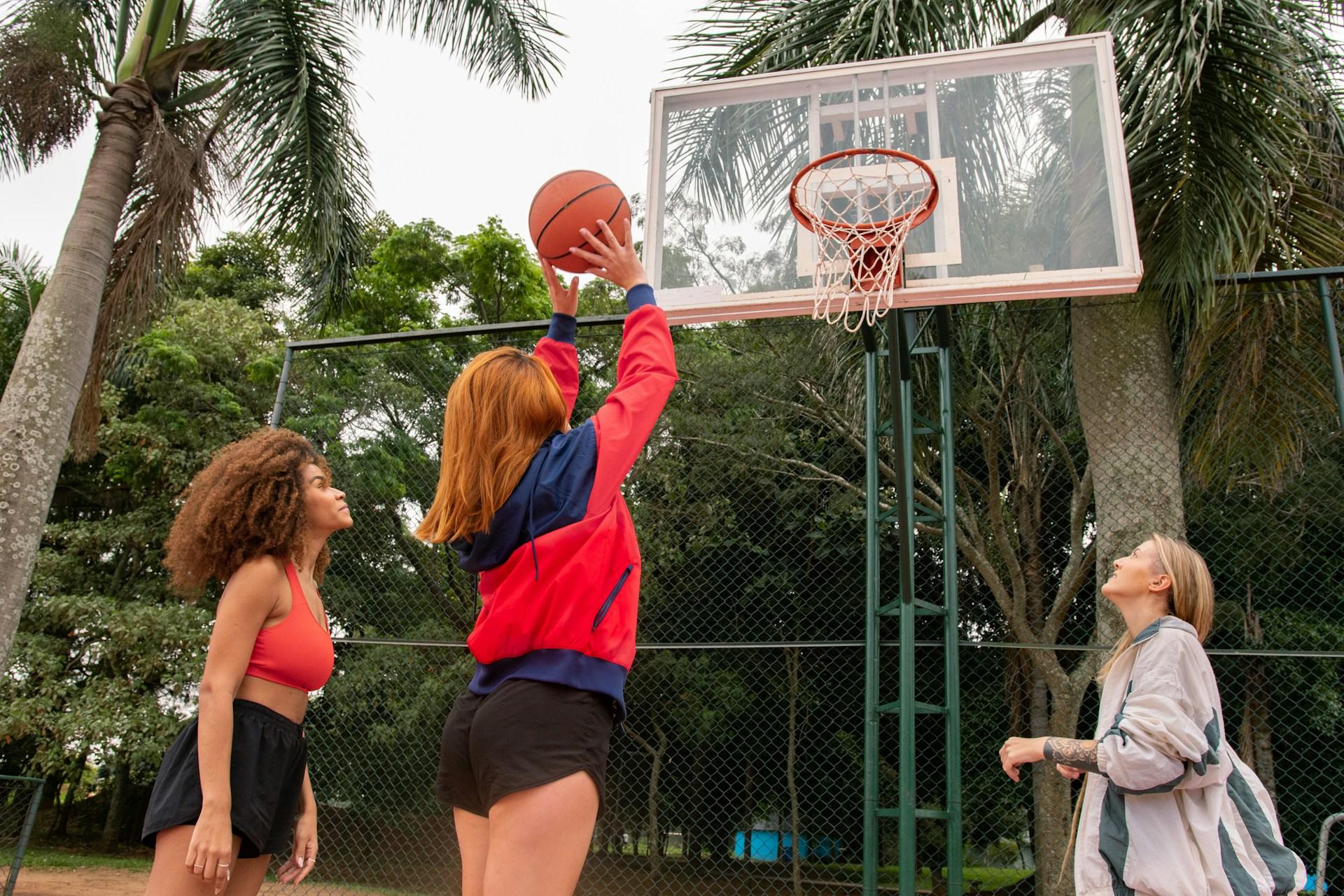
Assess Your Physical Attributes
- Height: Taller players usually match well as a center or power forward, even as shorter, quicker players may additionally excel as guards.
- Build: Stronger, extra bodily players are appropriate for positions that require fighting close to the basketball net, while leaner, extra agile players may thrive as guards or small forwards.
Evaluate Your Skills
- Ball Handling and Passing: If you have wonderful dribbling and passing skills, the point guard position is probably the best fit for you.
- Shooting Ability: Strong shooters, especially from long ranges, ought to do not forget the shooting guards or small forward positions.
- Versatility: Players who can do a bit of everything and adapt to multiple roles might find the small forward position perfect.
- Physical Play: If you have facility with offensive plays and rebounding, remember the power forward or center positions.
During NBA Draft Combines, potential players undergo detailed skill evaluations including agility drills, shooting accuracy, and situational play to assess their readiness and potential for professional basketball.
Consider Your Play Style
- Leadership: Do you have leadership? Point guard may be your function.
- Scoring: If you have facility scoring and figuring out ways to position the ball close to the basketball net, shooting guard or small forward are appropriate options for you.
- Defense: If your defensive skills bring you satisfaction and if you enjoy guarding more than one position, think of trying out for the center, power forward, or even the small forward positions.
Learn Basketball with Superprof
In order to grasp these basketball positions and better your overall performance and skill, personalized education is extremely valuable. Superprof offers an online educational tutoring platform with a wide range of experienced basketball coaches who can assist you to master your abilities, get your ideal position on the court, and broaden your game IQ. Whether you are a beginner or looking to take basketball to a whole new level level, Superprof tutors offer personalized coaching sessions targeted on:
- Skill Development: Improve particular basketball abilities such as catching, dribbling, passing, and defending.
- Position Training: Learn all you need to know on your preferred position, including offensive and defensive strategies.
- Fitness and Conditioning: Enhance your athleticism, energy, and persistence.
- Game IQ: Develop a deeper expertise of basketball approaches, teamwork, and decision-making.
Why Choose Superprof?
- Experienced Coaches: Access to qualified and skilled basketball coaches who have performed and coached at various tiers.
- Personalized Training: Customized training plans that focus on your objectives.
- Flexible Scheduling: Sessions that fit your schedule, making it easy to balance with school or different commitments.
- Comprehensive Learning: Covering all facets of the sport, from fundamental skills to more advanced techniques.
Whether you dream to be the best point guard, a shooting guard with a deadly shot, a flexible small forward, a powerful offensive presence, or a dominant middle, Superprof can guide you on reaching your goals!
Summarize with AI:

